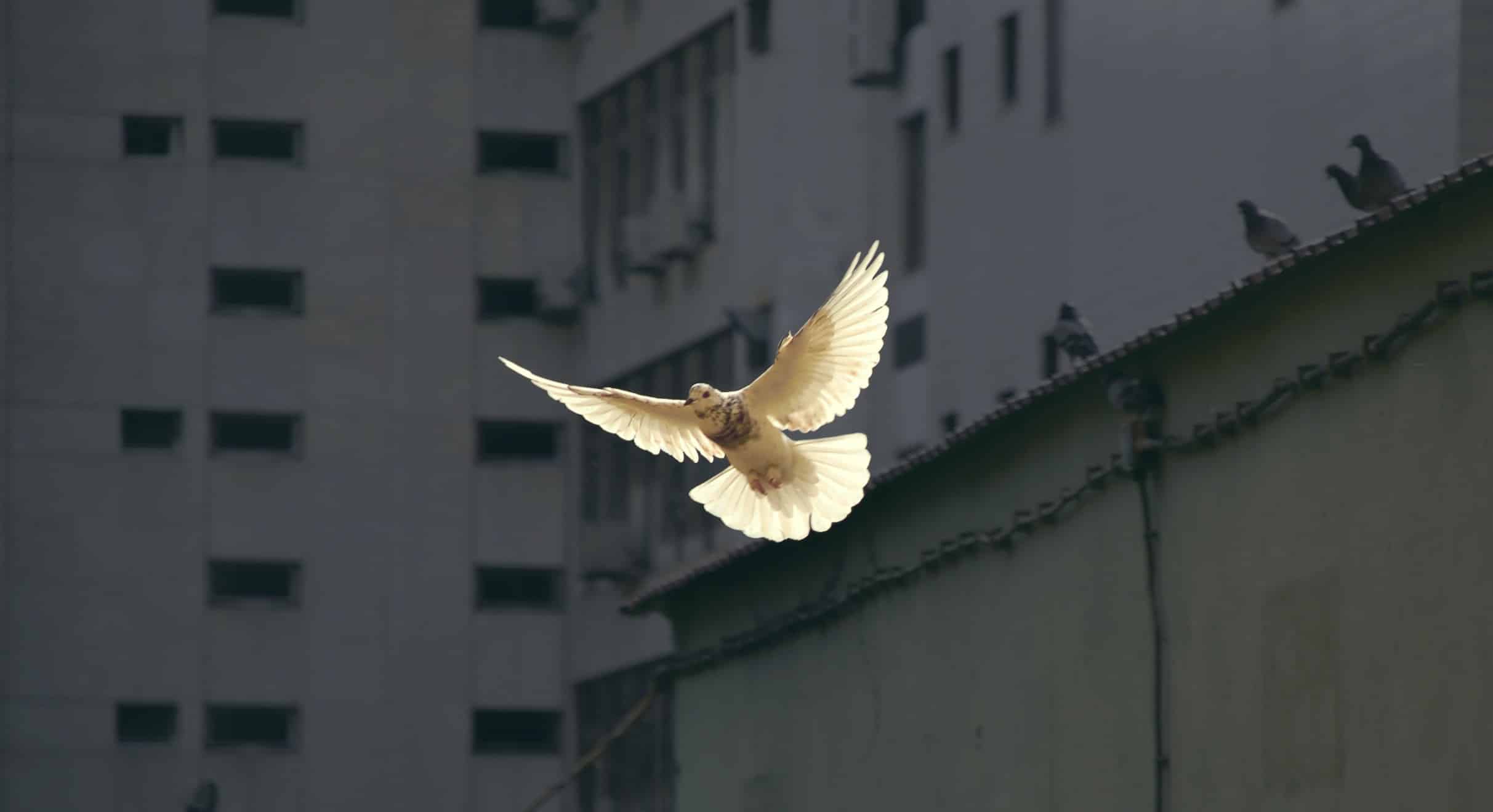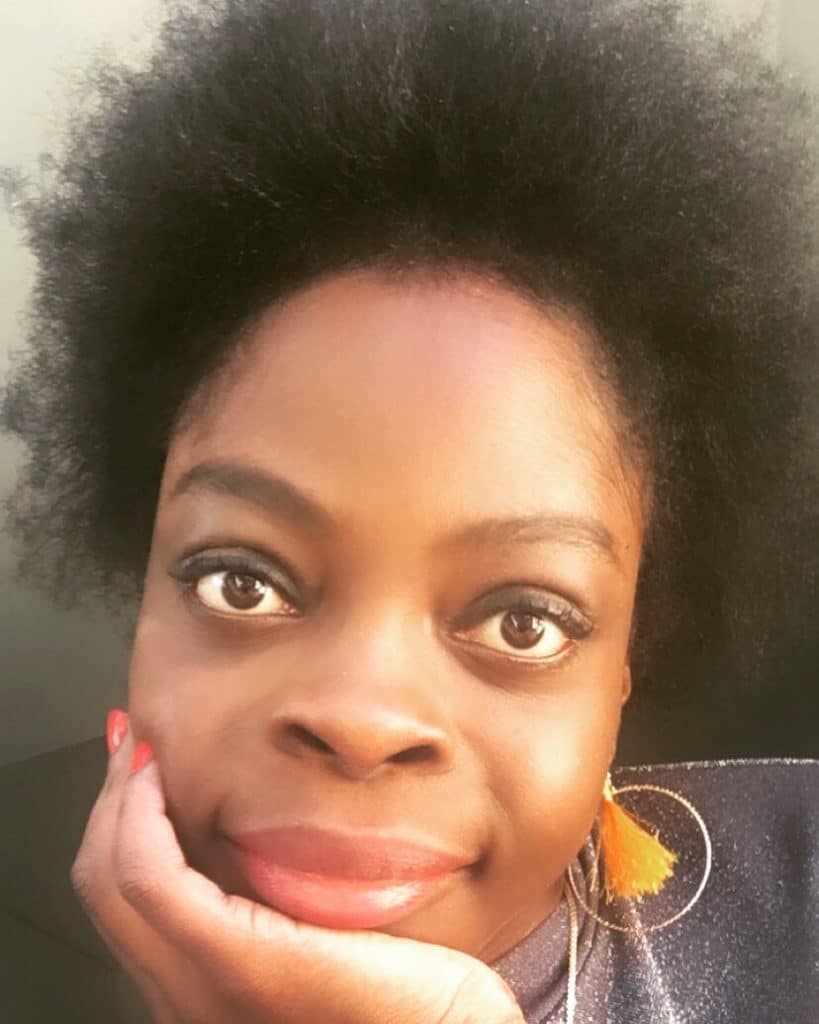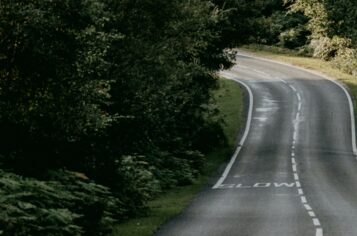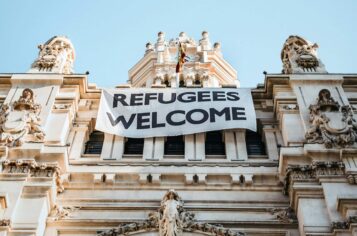The builder’s choice: The tiring work to keep going
Posted by Difference on September 21, 2022
Racial justice
Wednesday 21 September marks the International Day of Peace declared by the United Nations (UN), for which the theme this year is: ‘End racism. Build peace.’ The aim? To cultivate a world where, according to website, we can live in a world where racism will end.
Now, I write this piece from the eyes of a Black woman and, thus, read this aim with suspicion. Frankly, I do not think we can live in a world free of racism; the stories, encounters and real-life experiences of people in communities that look like me prove otherwise.
If I do have a slight urge to provide optimism, it would be that the abolishment of racism will not be in our lifetime. So, what do we do? Where do we go from here? I believe that racism cannot be eradicated. However, everyone deserves to be treated with equal respect and dignity. Therefore, the process of peacebuilding is vital and critical to ensuring a society that celebrates equality.
As a vantage point, the Difference course enables individuals to be conscious of their role in a peacebuilding society. Through a series of five interactive sessions the course offers practical guidance to navigate a conflicted and divided world.

We start by building relationships; it’s tedious, it’s sacrificial, and it takes serious commitment. Now, in Britain today, there are a vast number of communities who are coming together to plan, to advocate and fight for a world in which the majority (which I call the love majority) wins. The love majority focuses on the concept that there are more who are on the side of peace than that of division. A win for the love majority is a win for society to rest from strife.
That is what we seek with peacebuilding, where we see a love majority, where we take the ‘sticks and stones’ of racism and use them as the material to build a safe haven.
Since the Summer of 2020, after the incomprehensible murder of George Floyd, there has been a prophetic-like awakening in which the subtle ubiquity of racism became more prominent in the consciousness of white people. This awareness was nothing new. It is nothing new. From the moment a Black child is aware of their microenvironment, that microenvironment has already been infiltrated by racism. When numerous calls were made to Black activists, celebrities, academics, there was a unison in a response to say, ‘This did not start today. This is part of our everyday lives, our mothers and grandmothers’ lives, and we speak out to ensure our children experience less of this monster called racism’.
We cannot move forward to build peace if the raw materials are not available. Love is the raw material; It is critical to start from a place of love. As Christians, we are called to love God, love our neighbour as we love ourselves, and love our enemies. Love emerges from relationships, from listening and enabling these encounters to rebuild a society that has been so heavily divided.
There is no right way of peacebuilding, it is fluid and quite often the real work is embedded not in the initial contact but in the maintenance. The maintenance of a thing is far more tedious and requires more effort. This is where the Difference habits can offer us some raw materials to resource communities where there is a stream of compassion and empathy. Being curious, by being genuine in their art of listening to the stories. Being present by ‘showing up and sticking around’, ensuring these are not acts of performativity or tokenism but rather expressing key interest in the stories of the individuals we encounter. And finally, reimagining, by creating a space where we cultivate a spirit and an attitude of hope. This is how we can fully embody what it means to maintain the first seeds sown towards a new society that continues to build peace and stand up to racism.
May we be granted the bravery to make the difference.

London born, South African raised and of Nigerian ancestry, Victoria Omotoso’s cross-cultural upbringing has informed her research. Her research engages with decolonisation, the image of the White Jesus, Black theologies and biblical reception. Victoria is passionate about using her research to enhance biblical literacy and highlight the significance of Theological Education. She is currently a lecturer at the University of Southampton and a theology tutor at Queens’ Foundation in Birmingham.



